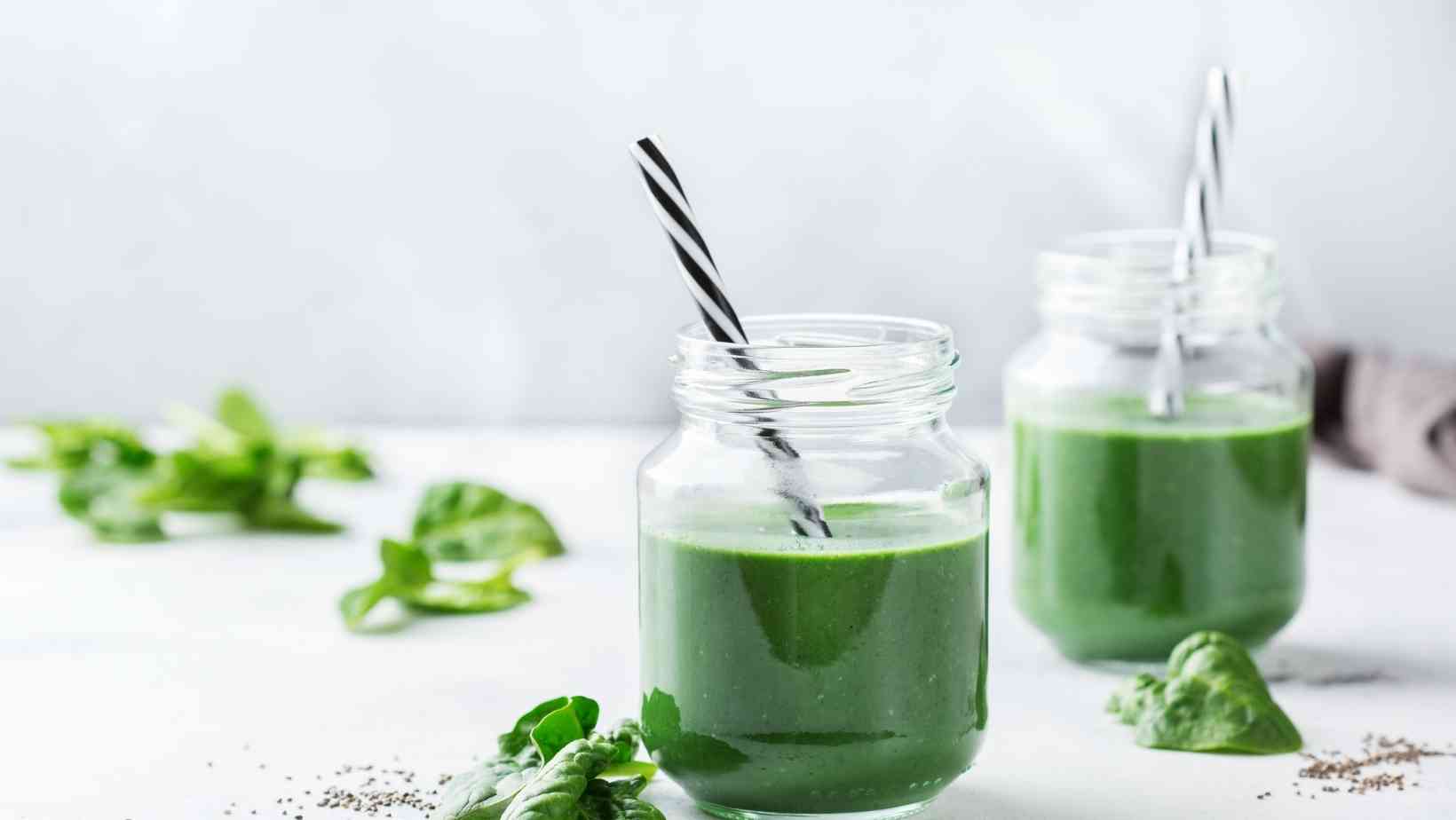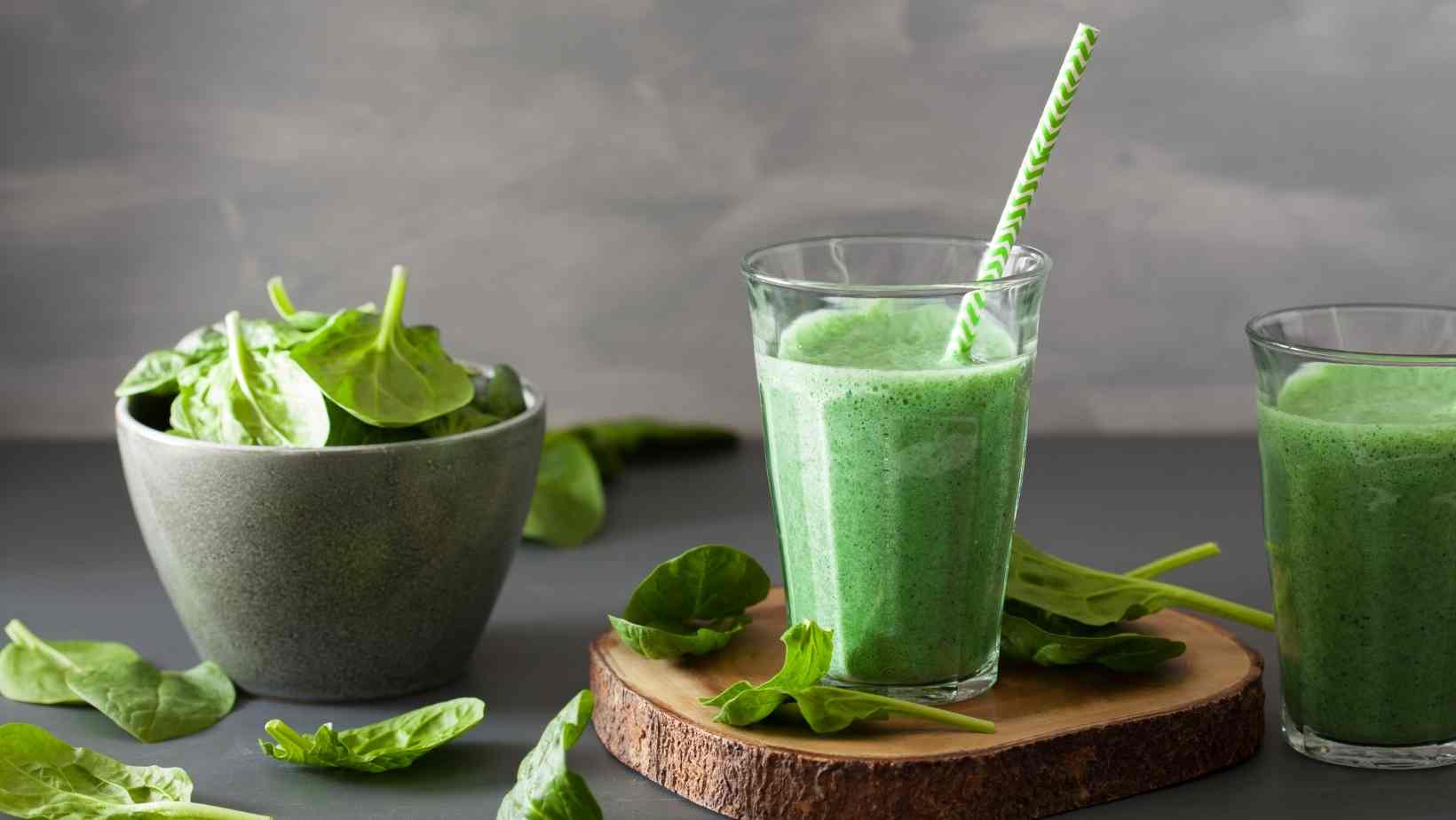What is spirulina?
Spirulina is an algae that develops naturally in mineral-rich water and has a high nutritional value. It is often offered as a dark-green powder and intended for use as a dietary supplement, although it has not been the focus of the substantial investigation until recently.

Spirulina has a number of nutritional advantages
1 tablespoon (7 g) dried spirulina (optional):
- 20kcal / 85kj
- 4.0g protein
- 0.5g fat
- 1.5g carbohydrate
- 0.3g fibre
- 95mg potassium
- 2.0mg iron
- 1.0mg vitamin C
- 0.18g salt
5 of the most important health benefits of spirulina
1. An excellent source of antioxidants
A process known as oxidation may cause persistent inflammation and cell damage, which can eventually result in chronic illness and, in some cases, cancer. Spirulina is rich in antioxidant chemicals, one of which, phycocyanin, is responsible for the dark blue-green colour of spirulina. Phycocyanin also has anti-oxidant and anti-inflammatory properties, and it is found in high concentrations in blue-green algae. The antioxidant phycocyanin has been shown to have potential health advantages, including anti-inflammatory characteristics, oxidative stress protection, and neuroprotective capabilities, according to research.
2. Has the potential to lower excessive blood pressure
Research that looked at the effects of a daily dosage of 4.5g of spirulina for six weeks found that both systolic and diastolic blood pressure was lower after the treatment.
3. It has the potential to aid in the treatment of cholesterol
Spirulina is high in chemicals that have antioxidant capabilities, and it helps to protect fatty molecules such as cholesterol from being damaged. It also seems to be beneficial in the management of total cholesterol, reducing the so-called 'bad' low-density lipoprotein (LDL) cholesterol while increasing the 'good' high-density lipoprotein cholesterol (HDL).
4. It is possible that it has cancer-preventing qualities
According to animal research, supplementing with spirulina may be beneficial in the prevention of cancer in humans. It is possible that the method by which it does this is by the activation of immune cells known as natural killer cells, which aid in our defence against tumours. More human trials are required, although the findings of the ones that have already been completed are promising.

5. It has the potential to reduce hay fever
Spirulina seems to have an anti-inflammatory effect on the nasal airways, which is a characteristic sign of allergic rhinitis or hay-fever, according to several studies. According to one research, it was shown to considerably reduce symptoms such as sneezing, nasal congestion, and itching in participants.
In order to validate any health claims associated with spirulina, further study is required. The majority of the studies that have been undertaken to date were either on animals or in tiny human trials, indicating that additional research is required.
Is spirulina a healthy supplement for everyone?
Persons suffering from the illness known as phenylketonuria (PKU) should avoid spirulina totally since it includes an amino acid known as phenylalanine, which those suffering from this condition are unable to digest properly. Anyone suffering from an autoimmune illness such as rheumatoid arthritis, lupus, or multiple sclerosis should avoid consuming spirulina as much as possible.
Others who should see their doctor before consuming spirulina include people who are using prescription medications, women who are pregnant or nursing, and children under the age of 18.
Always ensure that you get spirulina from a trustworthy source and that you pick a reputed brand since there has been a worry in the past that it may be tainted with toxins from bacteria, such as microcystins, when purchased from an unknown source. Spirulina has also been shown to be capable of absorbing heavy metals from the water in which it is cultivated.




